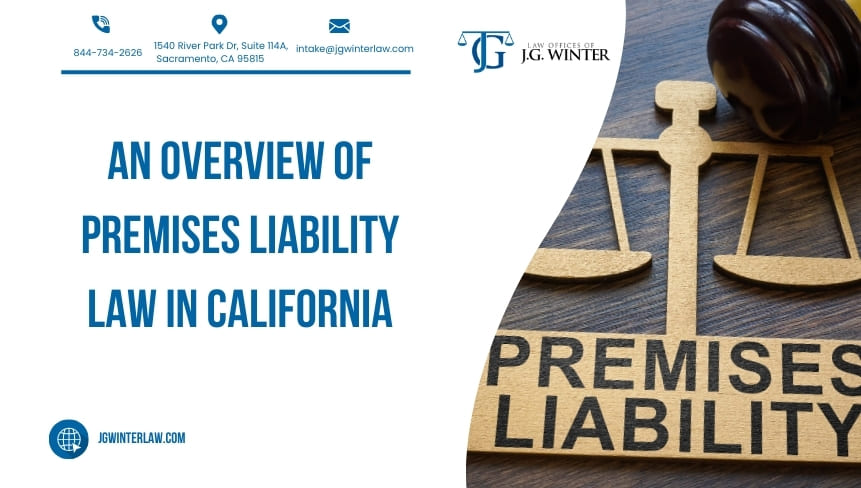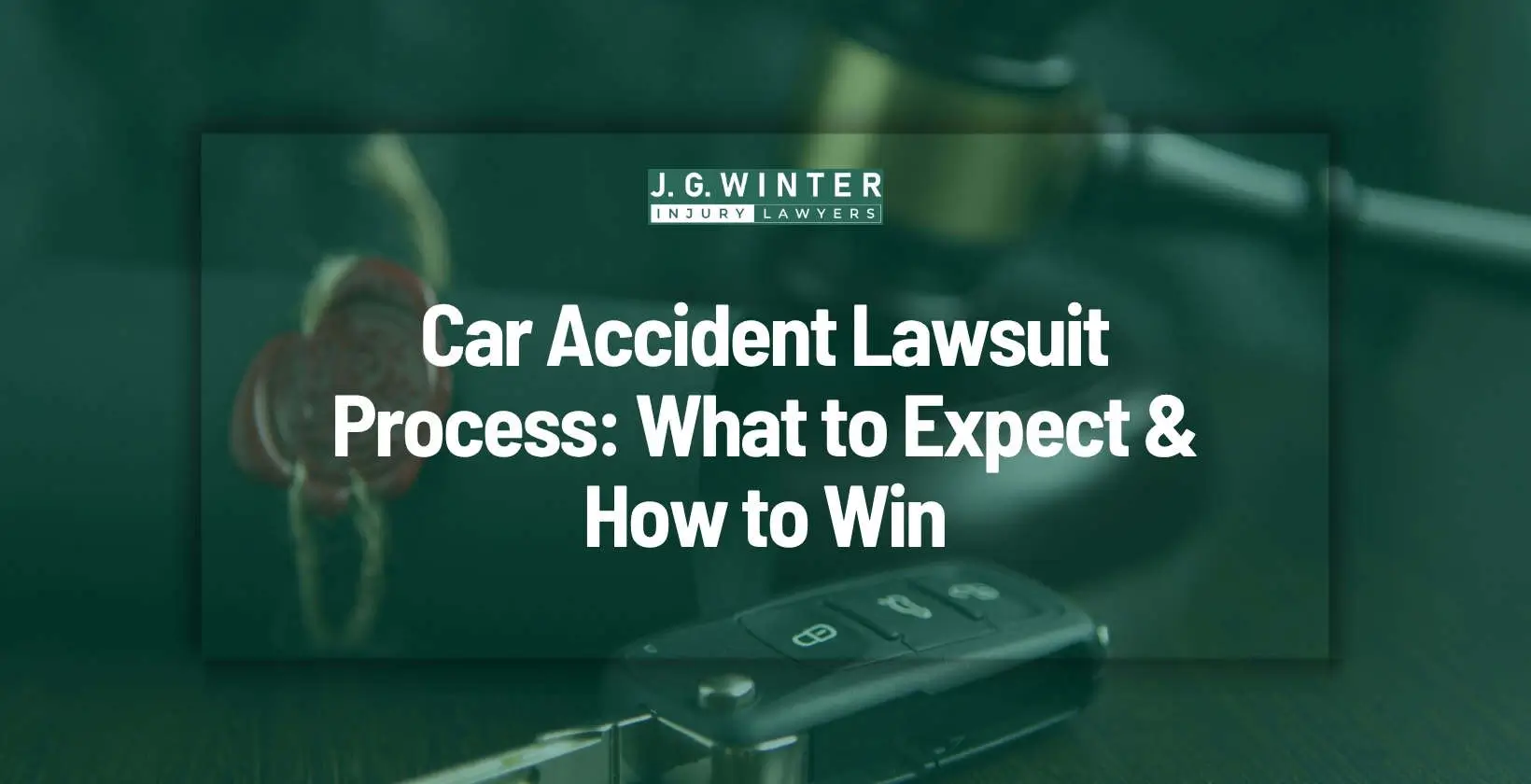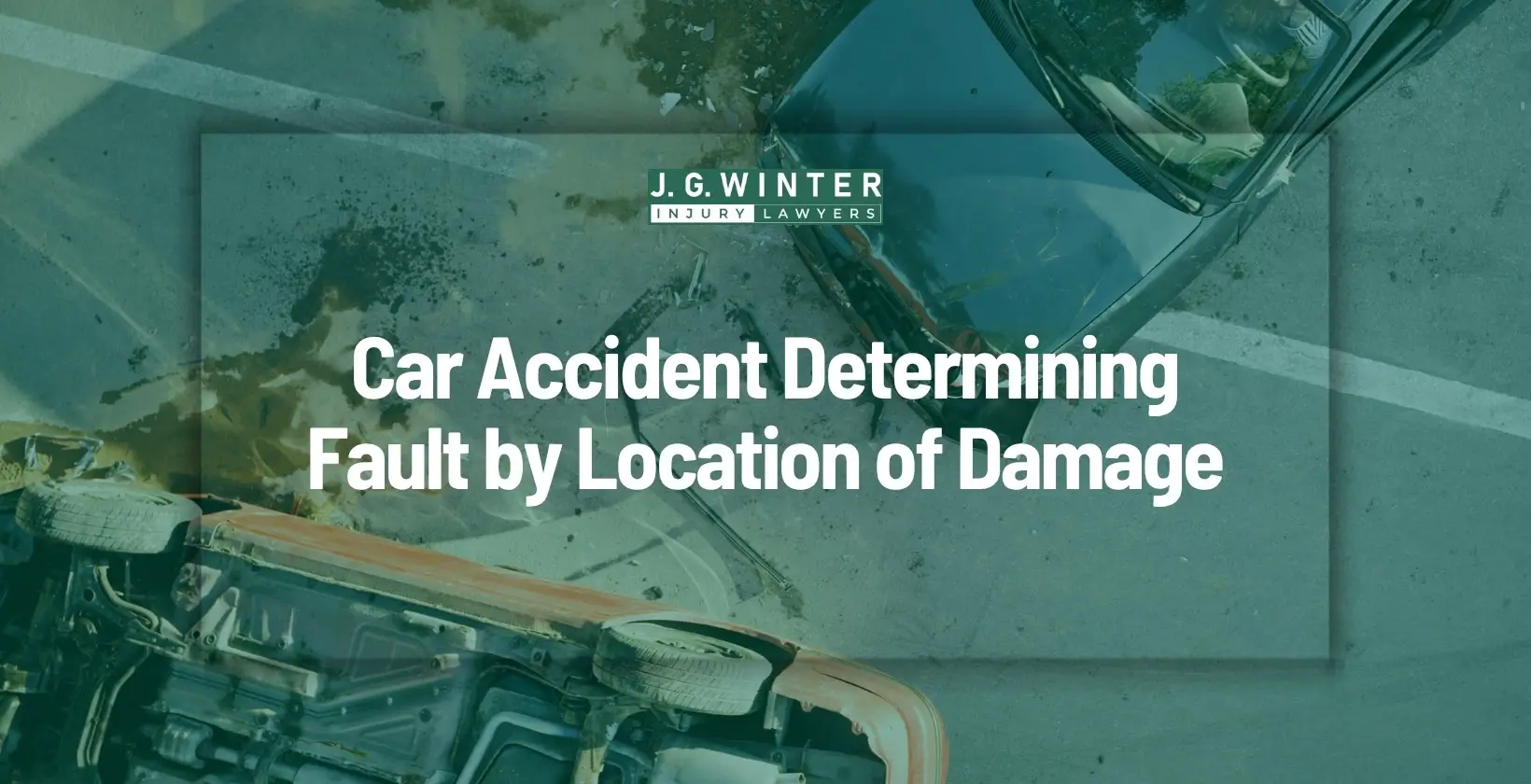If you’ve suffered an injury on someone else’s property, navigating a premises liability law can be daunting. You might feel overwhelmed, uncertain about your rights, and need clarification about legal proceedings. Navigating the complexities of liability, negligence, and compensation adds to your stress. You can obtain the compensation you deserve with clarity on your legal options. Our blog post provides a comprehensive overview of premises liability law in California, clarifying responsibilities, legal remedies, and steps to take after an accident.
Defining premises liability law: The legal concept
Premises liability law is crucial to personal injury claims involving injuries sustained on another’s premises. It outlines the responsibilities of property owners toward their visitors and details the compensation victims of accidents can seek. Whether the incident involves a slip-and-fall or another type of accident, premises liability law governs the legal options available to individuals injured on someone else’s property.
Premises liability law in California
Premises liability law in California encompasses property owners’ legal obligations to maintain safe conditions on their premises. This duty of care extends to individuals lawfully present on the property, including invitees, licensees, and even trespassers. California law emphasizes foreseeability and the relationship between the parties in determining liability. Key cases like Rowland v. Christian (1968) have shaped this legal landscape, establishing a unified standard of care. Meanwhile, statutes like California Civil Code section 1714 outline general duties.
Legal obligations of property owners
Property owners in California bear a significant responsibility to ensure the safety and well-being of individuals who enter their premises. This legal duty encompasses various obligations:
- Duty of Care towards Visitors: Property owners are responsible for ensuring visitors’ safety according to their visitor status. For example, property owners must provide the highest level of care to invitees, like customers, by keeping the premises in a safe condition and promptly addressing hazards. Licensees or social guests should be informed about any known dangers. Even trespassers are entitled to some protection against foreseeable harm, although their duty of care is lesser compared to invitees and licensees.
- Affirmative duty to maintain safe premises: Property owners have an affirmative duty to ensure their premises are safe for visitors. This duty includes taking proactive measures to identify and mitigate potential hazards. Regular maintenance, including inspections and repairs is crucial for upholding this duty and preventing accidents.
- Maintenance obligations: Property owners must regularly inspect their premises to identify unsafe conditions. Owners must make repairs promptly to address any hazards. By proactively maintaining their property, owners can reduce the risk of accidents and injuries.
- Duty to warn: Property owners are required to warn visitors about any dangers on the premises. This includes posting warning signs for hazards such as wet floors, uneven surfaces, or other potential risks. Adequate warning allows visitors to exercise caution and reduces the likelihood of accidents.
Establishing negligence in premises liability cases
Establishing negligence in premises liability cases involves proving that property owners breached their duty of care. This entails proving that the defendant (liable party) owned, leased, occupied, or controlled the property and that their breach of duty contributed to the harm.
You must provide evidence of the harm you suffered as the injured party to prove that the defendant’s breach of duty was a substantial factor in causing that harm. It’s crucial to establish that the defendant’s actions were a significant factor in causing the harm. In California, the duty of care is determined by what a reasonable property owner would do under similar circumstances. This duty includes maintaining safe premises through regular inspections and repairs and warning guests, tenants, and customers about potential hazards.
In California, comparative negligence is applicable, meaning that even if you share some blame, you can still seek compensation. For instance, you may still have a claim if you trip over obvious hazards. Courts will determine fault percentages based on the levels of negligence involved.
Defendants in premises liability cases
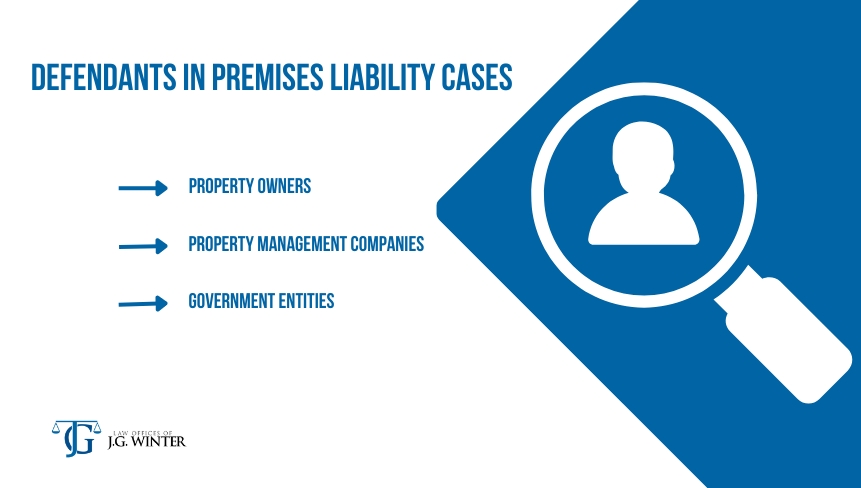
In premises liability cases, various defendants may be held responsible for ensuring the safety of individuals on their property:
- Property Owners: Property owners have a legal duty to maintain safe premises for visitors. They are responsible for addressing hazards, conducting regular inspections, and warning of potential dangers.
- Property Management Companies: Companies that manage properties also share responsibility for maintaining safe conditions. They must ensure proper upkeep, prompt repairs, and adherence to safety regulations to prevent accidents.
- Government Entities: Government entities responsible for public properties, such as parks or buildings, must maintain them safely. They are liable if negligence or failure to address hazards leads to injuries on their premises.
Pursuing a premises liability claim? Here’s what you must know
If you’re suffering injuries due to someone else’s negligence on their premises in California, navigating the process of pursuing a premises liability claim requires understanding key components. Which include:
Who can file a premises liability claim in California?
Anyone who has suffered injuries due to unsafe conditions on another person’s property has the right to file a premises liability claim in California.
Statute of limitations for filing a claim
It’s crucial to be mindful of the statute of limitations, typically two years from the date of the incident, within which you must file your premises liability claim.
Gathering evidence to support the claim
Building a strong case requires gathering compelling evidence, including photographs, witness statements, and medical records, to substantiate your claim effectively.
Seeking fair compensation for damages
It’s crucial to seek fair compensation that covers all damages incurred, including medical bills, lost income, and pain and suffering resulting from the incident.
Types of damages in premises liability cases
In premises liability cases, damages can be classified into different categories:
- Economic Damages: These encompass quantifiable losses such as medical expenses and lost wages resulting from the injury sustained on the premises.
- Non-Economic Damages: This category includes intangible losses like pain and suffering and emotional distress experienced as a consequence of the accident.
- Punitive Damages: When extreme negligence by the property owner is evident, a court may award punitive damages. These serve as a deterrent against similar misconduct in the future and aim to punish the responsible party for their actions.
Common types of premises accidents
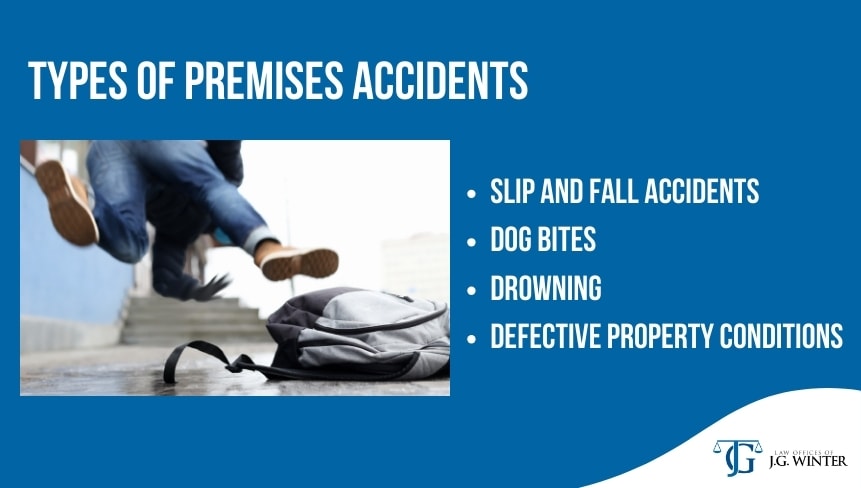
When it comes to accidents on someone else’s property, you should be aware of certain types of events that are more common.
- Slip and Fall Accidents: This incident can occur due to hazardous conditions like wet floors or loose carpets. Property owners must regularly maintain and use warning signs to protect visitors. You must prove negligence, which is crucial to establishing the property owner’s liability and seeking compensation.
- Dog bites: Factors like inadequate pet restraint or lack of warning signs contribute to dog bite incidents. Responsible pet ownership and adherence to leash laws are crucial for preventing such incidents. Legally, you may prove the owner’s negligence and pursue compensation for injuries.
- Drowning: Unsafe swimming pool conditions or inadequate supervision lead to drowning accidents. Proper safety barriers and lifeguards can prevent such incidents. Establishing a property owner’s negligence is necessary for pursuing compensation for the harm you’ve suffered.
- Defective Property Conditions: Broken steps or malfunctioning handrails pose risks to you as a visitor. Timely repairs and regular property inspections can mitigate these risks. From a legal perspective, proving the property owner’s negligence is crucial for seeking compensation for your injuries.
Steps to take after a premises liability accident
After a premises liability accident, it’s crucial to prioritize your well-being and protect your rights. Here are the essential steps to follow:
Obtain prompt medical care for any injuries sustained during the accident. Your health and safety are paramount.
- Take photographs or videos of the accident scene, including any hazardous conditions or relevant surroundings. Note the date, time, and circumstances of the incident.
- Inform the property owners or managers about the accident as soon as possible. Provide them with a detailed account of what occurred.
Why hire a premises liability lawyer for your claim?
Hiring a premises liability lawyer is crucial for navigating the complexities of the legal process. They have extensive experience in handling premises liability cases, understanding the nuances of premises liability law, and how to build a strong case. A skilled attorney will protect your rights, gather evidence, negotiate with insurance companies, and represent your interests in court if necessary. With their expertise, you can pursue fair compensation for your damages, relieving the burden of navigating the legal system alone.
The Law Offices of J.G. Winter can help: 99% Win rate
If you’re dealing with premises liability claims in California, the Law Offices of J.G. Winter is here to support you. Our experienced team offers personalized and empathetic legal aid to ensure maximum compensation. From thorough evidence collection to assertive representation, we’re committed to safeguarding your rights and achieving a positive resolution. Rely on our expertise to navigate the legal journey with ease and assurance.
.

